Today’s readings
Repentance, friends, is a highly underrated activity.
I remember back in 2012, just after we started using the new translation of the Roman Missal, on Ash Wednesday, I was giving folks their ashes. As I usually do, I used both of the little instructions as I gave the ashes. One of them says this: “Repent, and believe in the Gospel.” That’s a direct quote, by the way, from today’s Gospel reading. But it was a change, because it used to say, “Turn away from sin and be faithful to the Gospel.” After Mass, a parent came to me visibly upset, because I had told her teenage daughter to repent. As if teenagers have no need of repentance. Hey, we all do. I do, you do, we all need to repent. If we didn’t need to repent, we wouldn’t need Jesus, and if we don’t need Jesus, we don’t need heaven, and then we know where we are. In fact, Jesus was always criticizing the religious establishment for being people who had no need of repentance. He was clear about saying they would not enter the kingdom of God.
So I think repentance is a great spiritual practice. It’s that practice that gives us a second chance, and a third, and a thousandth, and whatever, because our God never gets tired of forgiving us and showing us mercy. Pope Francis has said that the sad thing is that we get tired of asking for mercy, when God is ready to give it time and again. That, friends, is why we have the sacrament of Penance, where we can come in to the place of confession, and leave our sins behind, restoring our relationship with God, with the Church, and with the people in our lives. Repentance is powerful and has profound implications on where we will spend eternity. Repentance is the greatest gift to our spiritual lives.
If we do it.
And we need to do it right now, we can’t put repentance off for another day or when things quiet down a little or when we’re done loving our sins. One of the things that I think plagues us modern people is that we tend to have delusions of eternity. By that I mean, we tend to have a view that we have all the time in the world, and so we put off things that are truly important, things like repentance, because we always think we have plenty of time. We put off going to confession, because we don’t have time to think about that right now, and besides it takes time to examine our conscience. We put off being of service, because the kids have sports and we don’t even know where to start. We put off our prayer life, or going to Mass, because we’re exhausted and it’s hard to quiet ourselves and let God speak to us. It’s no wonder someone once said, “One of the greatest labor-saving inventions of today is tomorrow.”
So the readings today really speak to us. In our first reading, after some procrastinating of his own, and ending up in the belly of a big fish, God has him disgorged on the shores of Nineveh to do what he was sent to do: preach repentance to the Ninevites. The Ninevites were unspeakably evil to the Israelites, so it’s no wonder Jonah dragged his feet when it came to preaching to them. Why would they listen to him? And who cares if they didn’t? Let God destroy them, he thought, and be out of our hair forever. It seems Jonah had some repenting to do too. So he preaches repentance to them, and notice what happens: they immediately put on sackcloth and ashes and take up a fast. They do repent of their evil deeds, and do penance right away, and thus God relents and cancels the punishment he had planned to inflict on them.
In our second reading, Saint Paul is very clear with the Corinthians: time is running out. And because time is running out, there is no time like the present to cast off the concerns of this earthly existence. So stop worrying about purely human relationships, stop worrying about weeping, rejoicing, buying and selling and using the world. Because there’s not going to be a world here for long.
Now, I should mention that Saint Paul was certainly writing out of the view that people of his day generally had, which is that the second coming of Christ and the final judgment would happen very soon. It did not, obviously, happen in their lifetimes, but the message is still valid. We don’t know how much time we will have, and so ultimately we must always be prepared to go to heaven. We can’t be putting it off: we have to cast off cares that are purely rooted in this life, repent of our sinfulness, and hitch our wagons to a relationship with Jesus Christ that alone will bring us to the life to come.
And so we see the issue brought out in the call of the first apostles. Jesus preaches the kingdom of God with a call to repentance. This, by the way, is the third luminous mystery of the rosary. In his preaching, Jesus passes by a fishing town and calls to Andrew, Peter, James and John. They don’t hesitate for a second when he tells them to “Come follow me and I will make you fishers of men.” They leave behind the boats, their fishing equipment, their family and even the workers who were hired to help them and follow Jesus.
Whatever the motivation for that quick change in life may have been, we need to see that when they are called, they follow immediately. They don’t put it off; they don’t say, hey, let us bring in fish for today and send the hired men home. They don’t ask for time to say goodbye to their family, they don’t hesitate even for a moment. There is no time like the present: come, follow me.
We disciples also are called to be fishers of men. And there is no time like the present. We may not have tomorrow, so we have to repent of the things that hold us back from being effective disciples and hold us back from pursuing the life of heaven, and then preach the Good News to those God puts in our path, through our words and most importantly through our actions. We don’t know when Jesus will return in glory and demand – as he is most worthy to demand – an accounting of our life and our blessings, so we have to do it right this minute.
And this week, in remembrance of the sad decision of Roe v Wade in 1973, we have to be a people who pray and write our legislators and take a stand for life in any way we can. Thousands of babies die from abortion every year, the sick elderly are ignored, racism and discrimination continue even in this day and age, and so much more. We know, we have been taught, that life is precious from conception to natural death. We need to tell the world how urgent that is so that no more lives would be wasted or suppressed for convenience.
The work of discipleship is of the utmost importance and is extremely urgent, souls need to be saved, hearts need to be won for the kingdom, lives need to be changed – and so we have to be willing to do it right now, not just when we’re good and ready, not when we have a few moments, not when things settle down a bit. Repent and believe in the Gospel.
The Kingdom of God is that important, brothers and sisters. When will we respond? When will we give everything to follow God’s call in our own lives? It better be now, because the world as we know it is passing away.

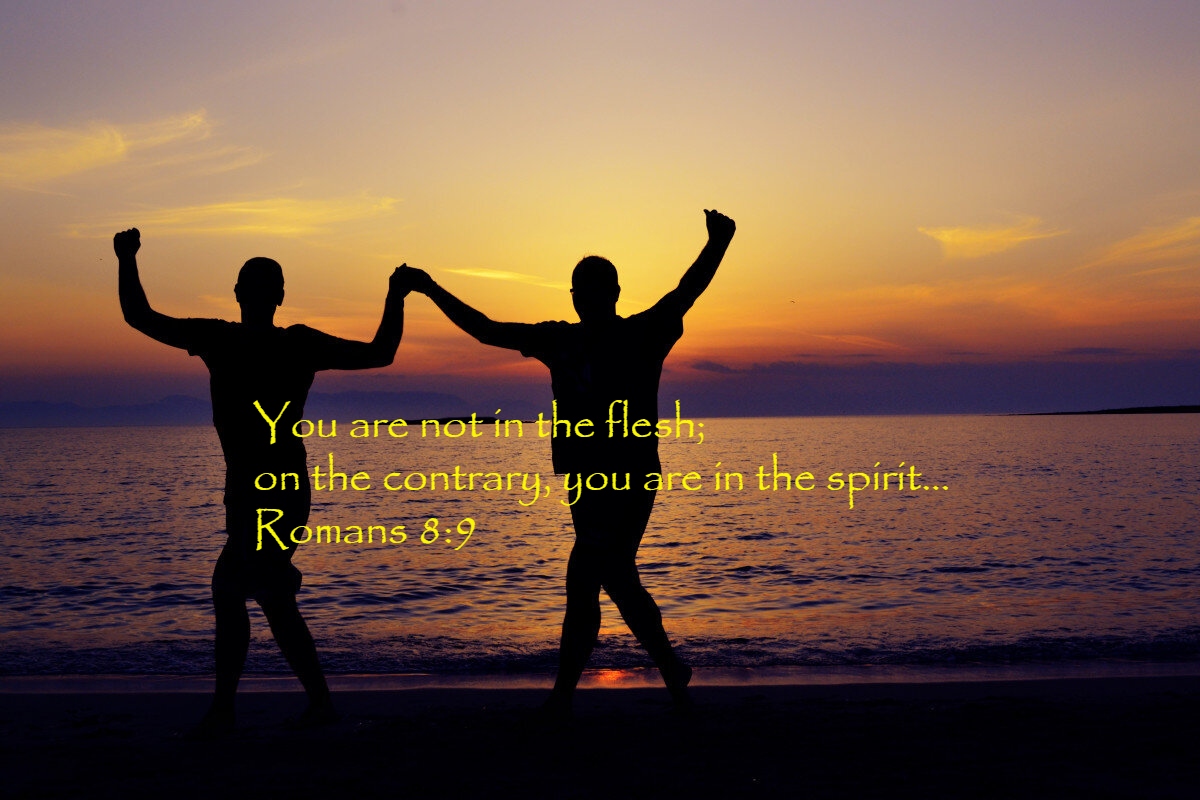

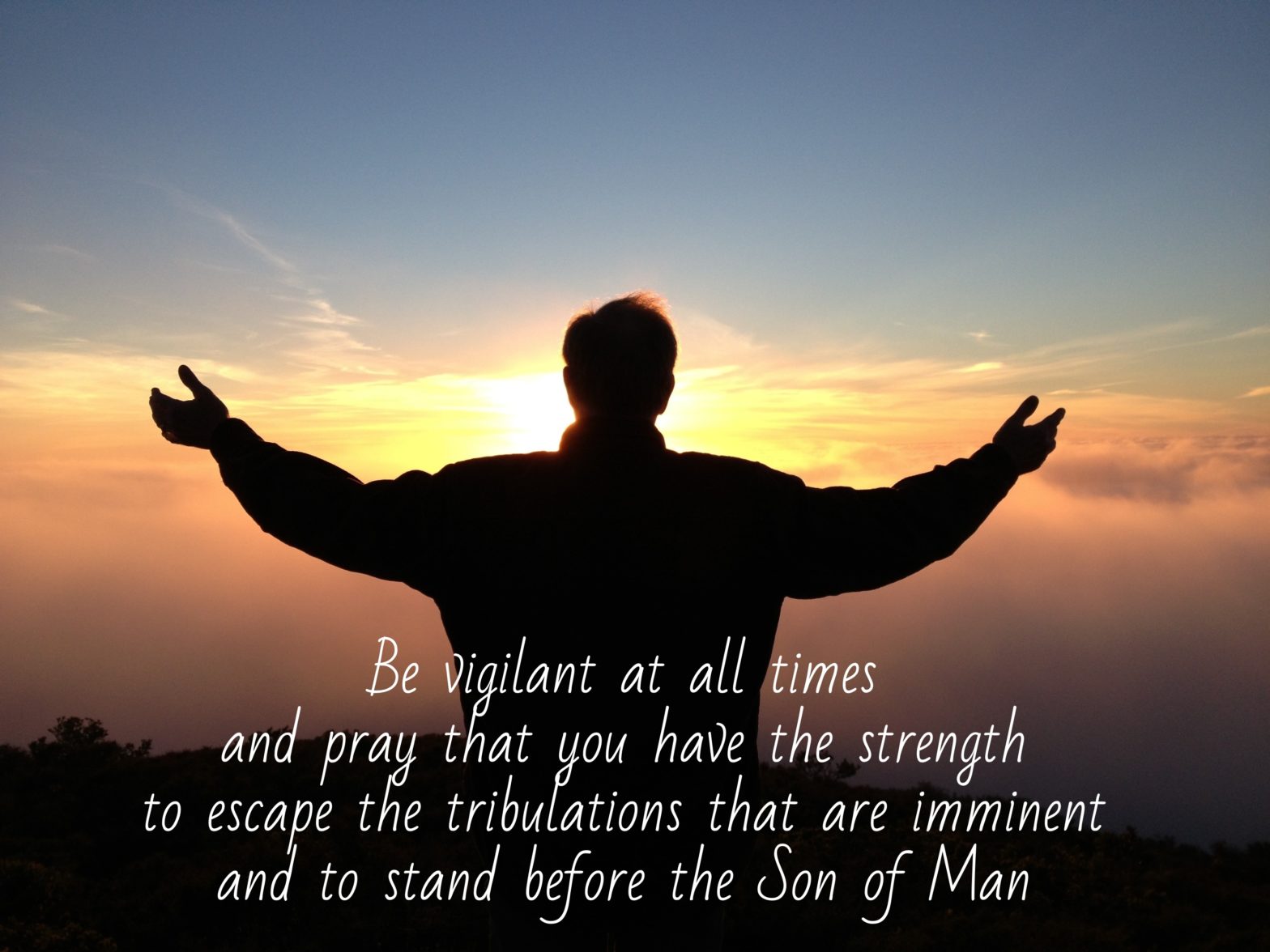
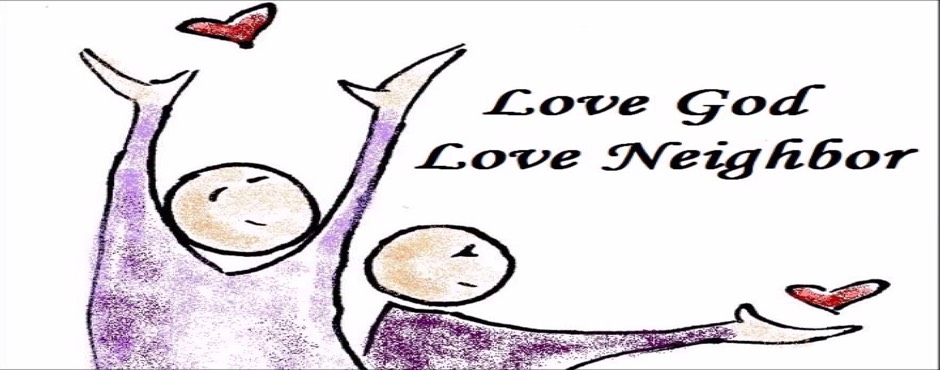
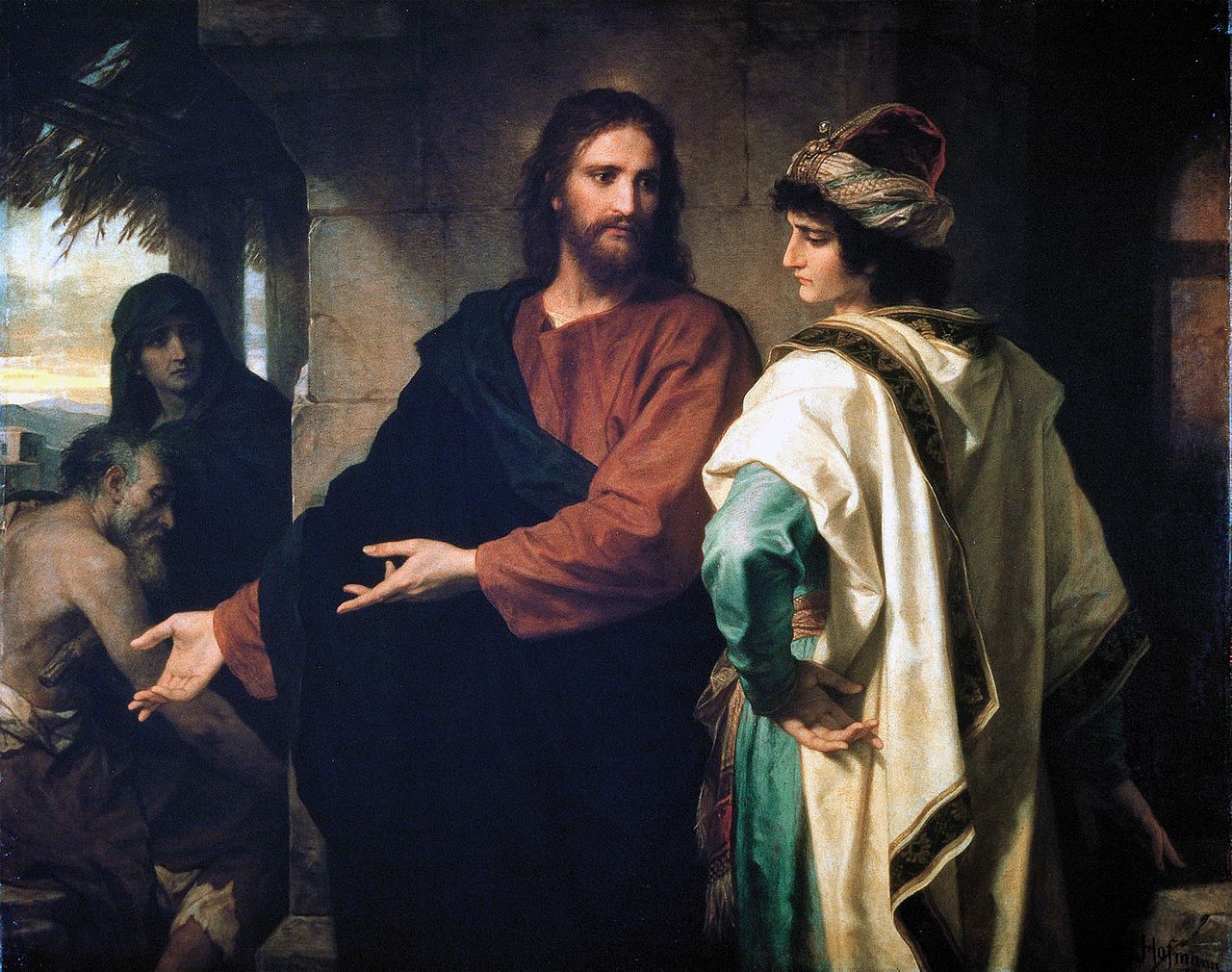
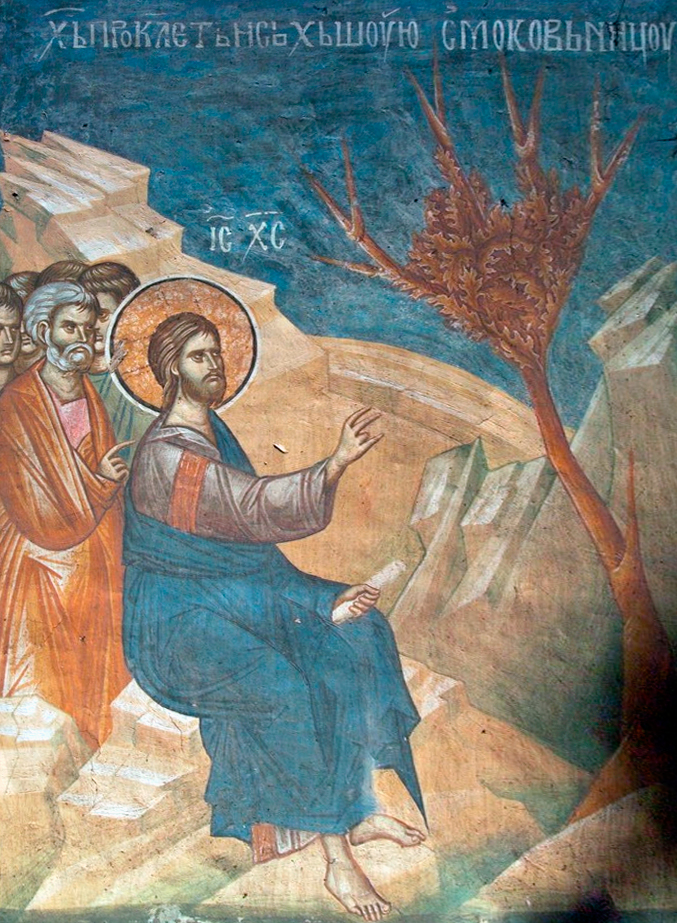
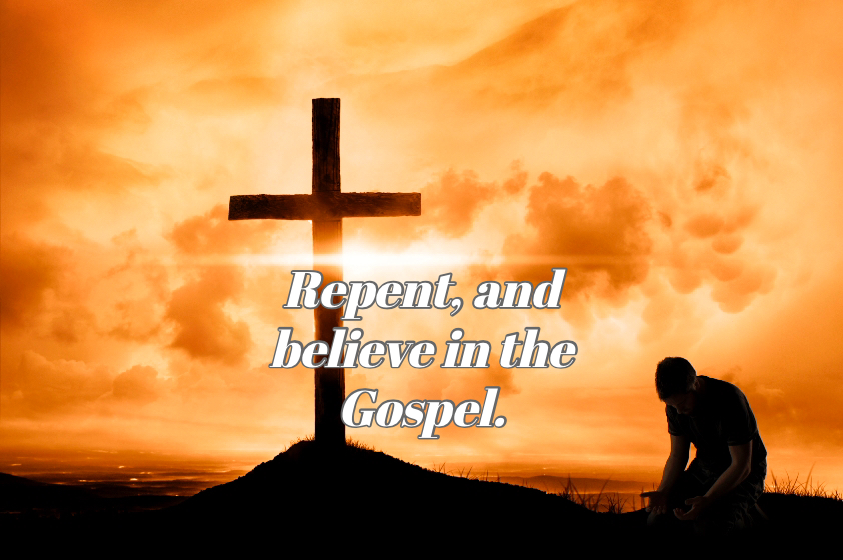
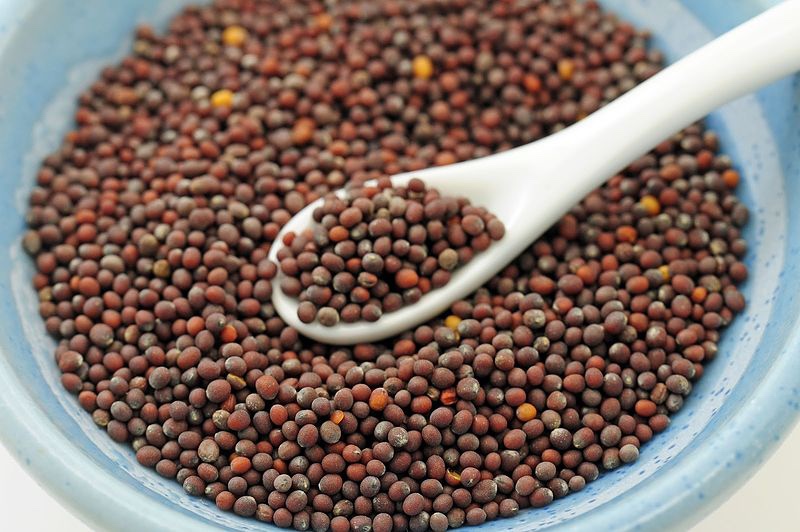
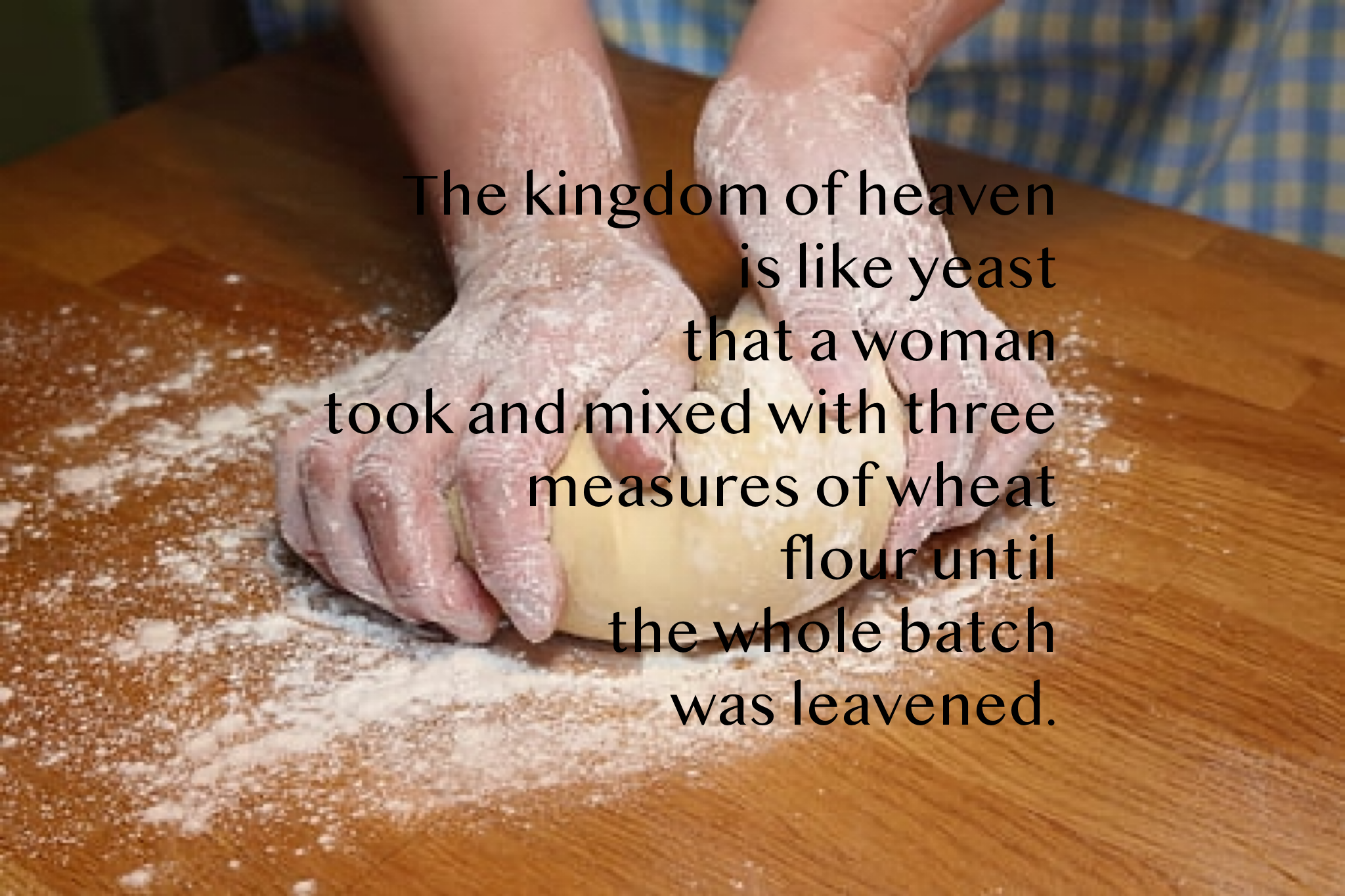
You must be logged in to post a comment.